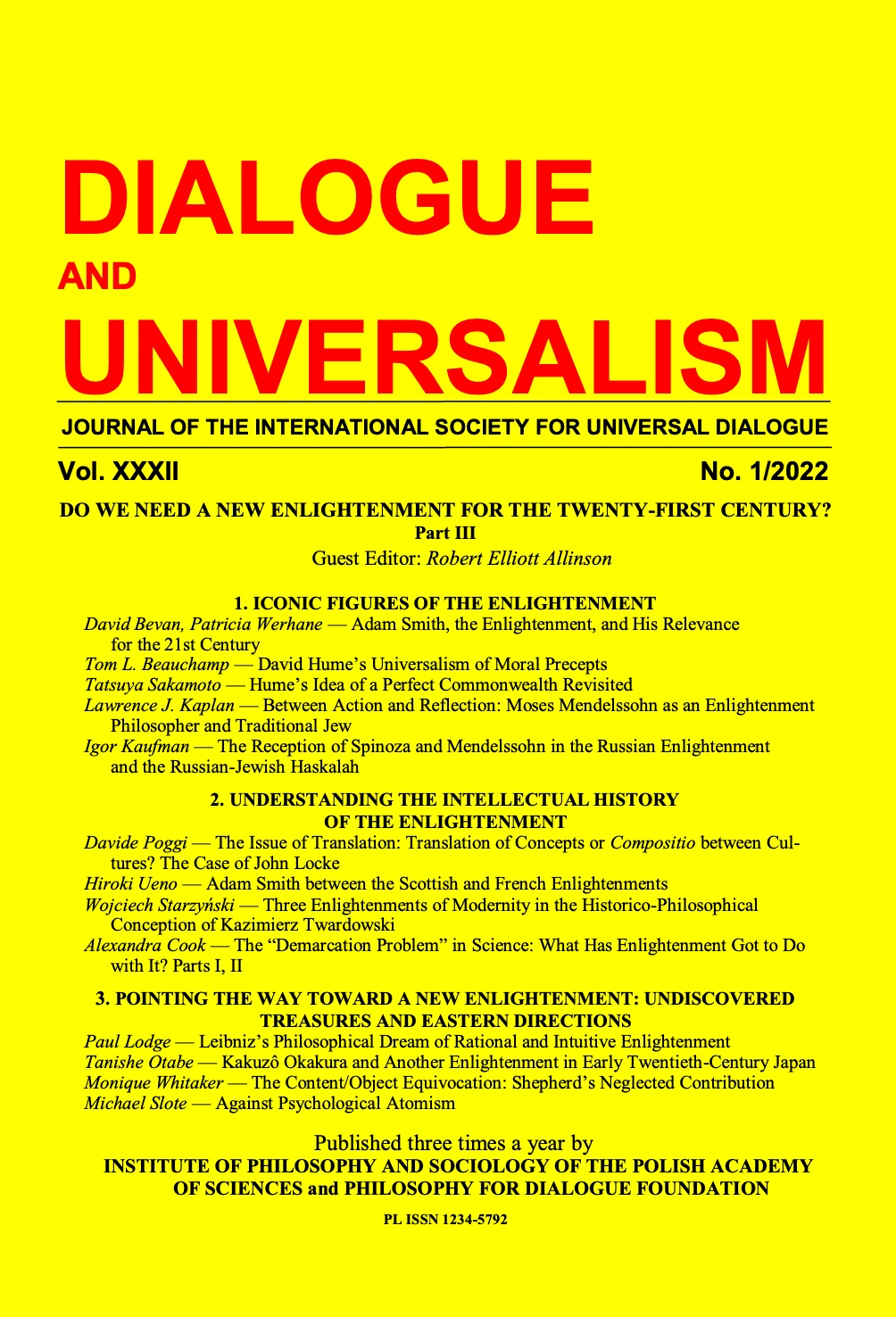DEMOCRACY, INTERPASSIVITY, AND THE COGNITOCRATIC FALLACY
DEMOCRACY, INTERPASSIVITY, AND THE COGNITOCRATIC FALLACY
Author(s): Adam Janusz ChmielewskiSubject(s): Philosophy, Political Philosophy, Social Philosophy
Published by: Instytut Filozofii i Socjologii Polskiej Akademii Nauk i Fundacja Filozofia na Rzecz Dialogu
Keywords: cognitive fallacy; democracy; knowledge; power; cognitocracy; political skill
Summary/Abstract: Conceptions of deliberative democracy attach a particularly important role to the cognitive or epistemological competence of the agents of the political process. Such competence is viewed as a primary or even exclusive prerequisite qualifying one for the exercise of political power. The belief is amply illustrated by the contemporary debate between, on the one hand, the advocates of the broad participation of the people in democratic governance, and, on the other, the proponents of the deliberative ideal which presupposes that political power should be entrusted only to the people endowed with appropriate cognitive abilities. In my analysis of such cognitocratic conceptions, I stress the perils of the ascription of a prominent role to cognitive competence in the political process. In opposition to the cognitocratic approaches, both in their universalist and egalitarian, as well as elitist or meritocratic versions, I claim that they are marred by what I call the cognitocratic fallacy, and I argue that a more adequate understanding of governance in democratic systems should instead be based upon a political rather than epistemological capital. I also claim that the concept of political ability should be seen as potentially universal and that the potential may be activated through actual participation in democratic politics.
Journal: Dialogue and Universalism
- Issue Year: 2022
- Issue No: 3
- Page Range: 31-46
- Page Count: 16
- Language: English

